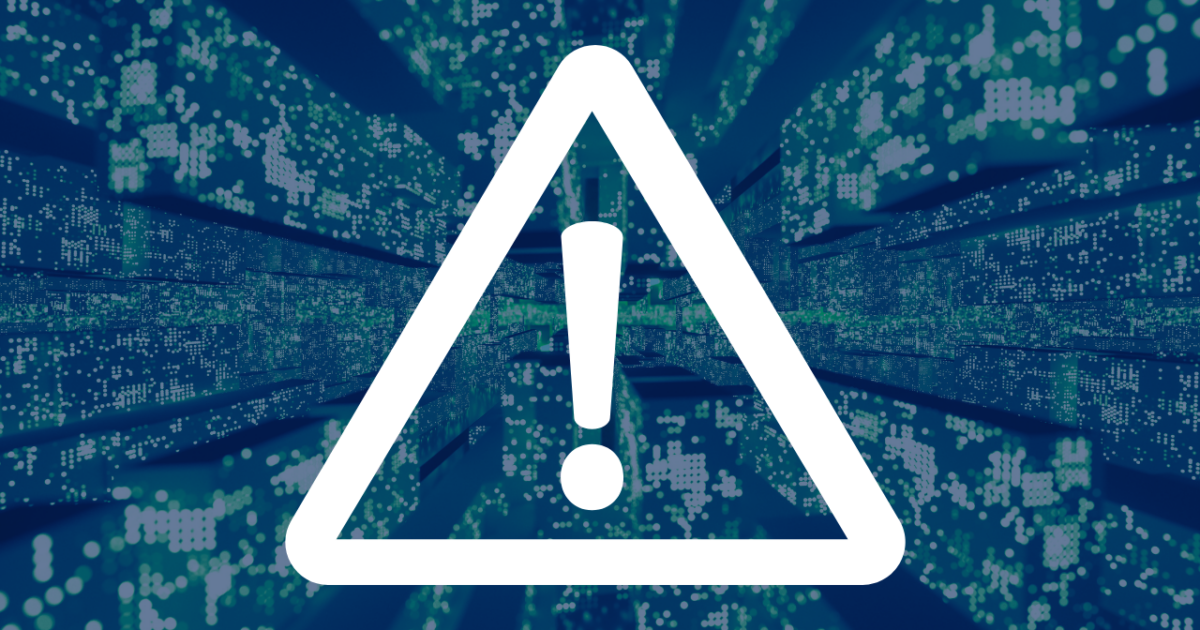France, Germany, and Italy AI Regulation Agreement

France, Germany, and Italy have jointly formulated an agreement on the regulation of artificial intelligence (AI), as revealed in a shared document seen by Reuters. This development is expected to expedite ongoing negotiations at the European level.
Mandatory Self-Regulation for Foundation Models

The three nations advocate for “mandatory self-regulation through codes of conduct” specifically tailored for foundation models of AI, designed to generate diverse outputs. However, they are opposed to embracing “un-tested norms.”
The joint document emphasizes that the AI Act is aimed at regulating the application of AI rather than the technology itself. It asserts that the inherent risks lie in the application of AI systems, not in the technology per se.
The ongoing negotiations involve the European Commission, the European Parliament, and the EU Council. The joint paper proposes that developers of foundation models must define model cards, providing crucial information about a machine learning model.
These model cards, according to the paper, should encompass relevant details to comprehend the model’s functioning, capabilities, and limitations, based on best practices within the developers’ community. The joint paper also suggests the establishment of an AI governance body to develop guidelines and ensure the application of model cards.
Initially, the paper suggests refraining from imposing sanctions. However, if violations of the code of conduct are identified after a certain period, a system of sanctions could be implemented.
Germany’s Economy Ministry, in collaboration with the Ministry of Digital Affairs, asserts that AI itself should not be regulated by laws and state control. Rather, the focus should be on regulating its applications. Digital Affairs Minister Volker Wissing expresses satisfaction with the agreement, emphasizing the need to regulate AI applications to compete at the global level.
Balancing Opportunities and Risks

The joint proposal is designed to strike a balance between harnessing the opportunities of AI and limiting associated risks in a technological and legal landscape that is still evolving.
Governments worldwide are actively seeking to capitalize on the economic benefits of AI. In November, Britain hosted its inaugural AI safety summit, while the German government is convening a digital summit in Jena, Thuringia, bringing together representatives from politics, business, and science. AI-related discussions will also feature prominently when the German and Italian governments engage in talks in Berlin.








